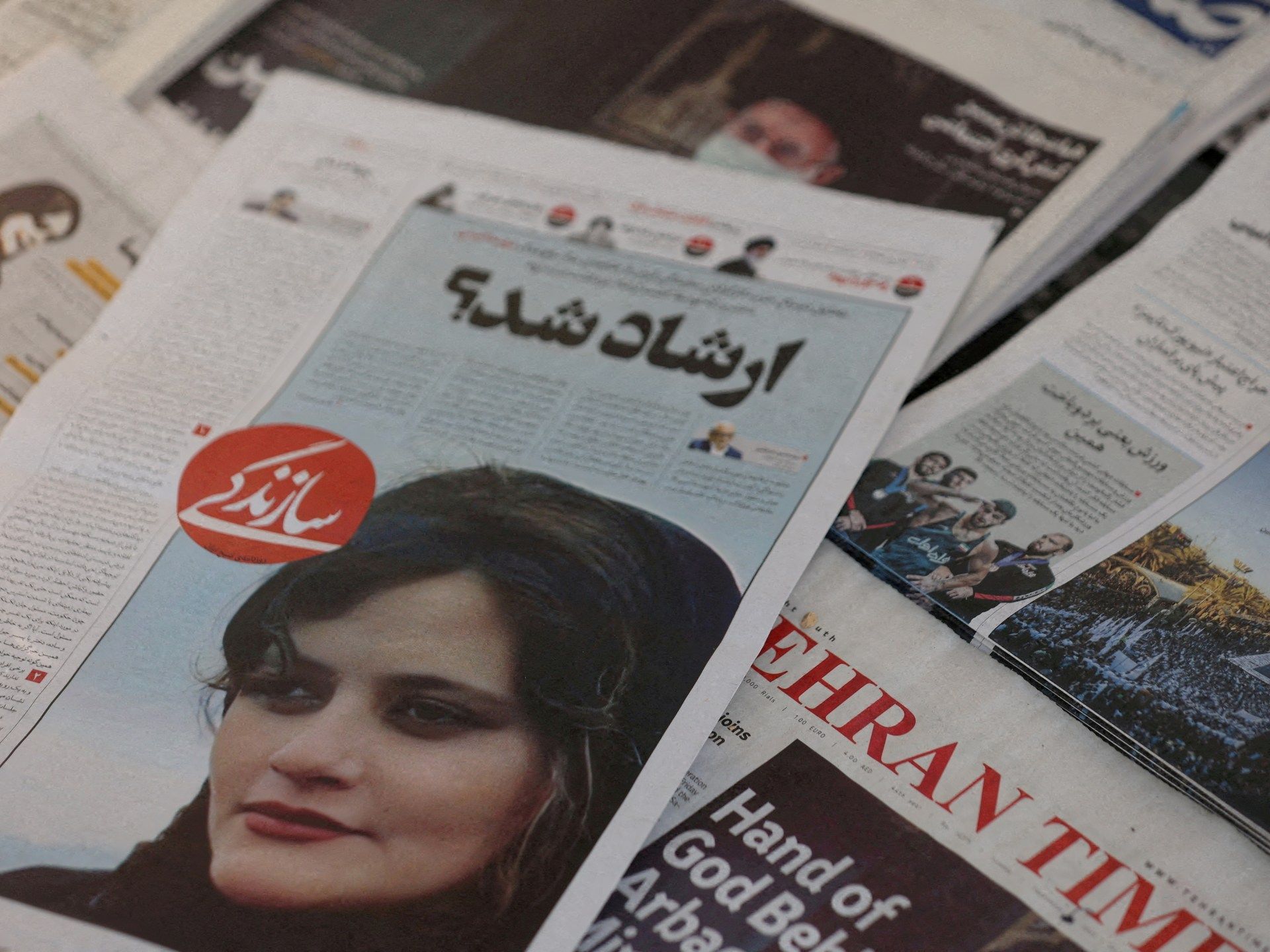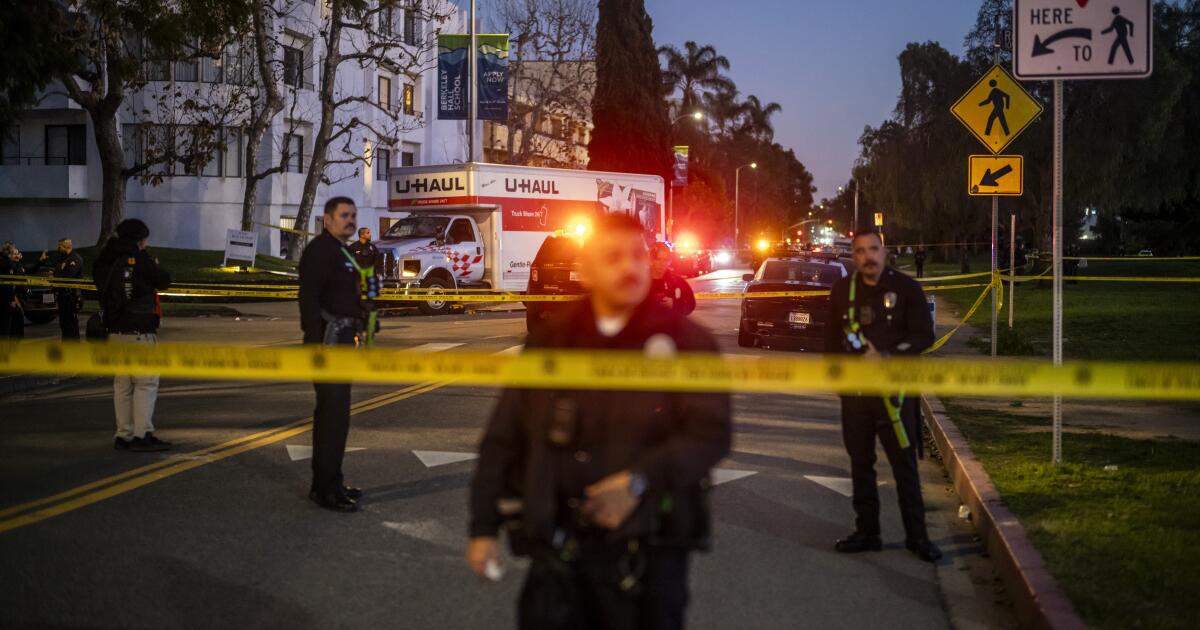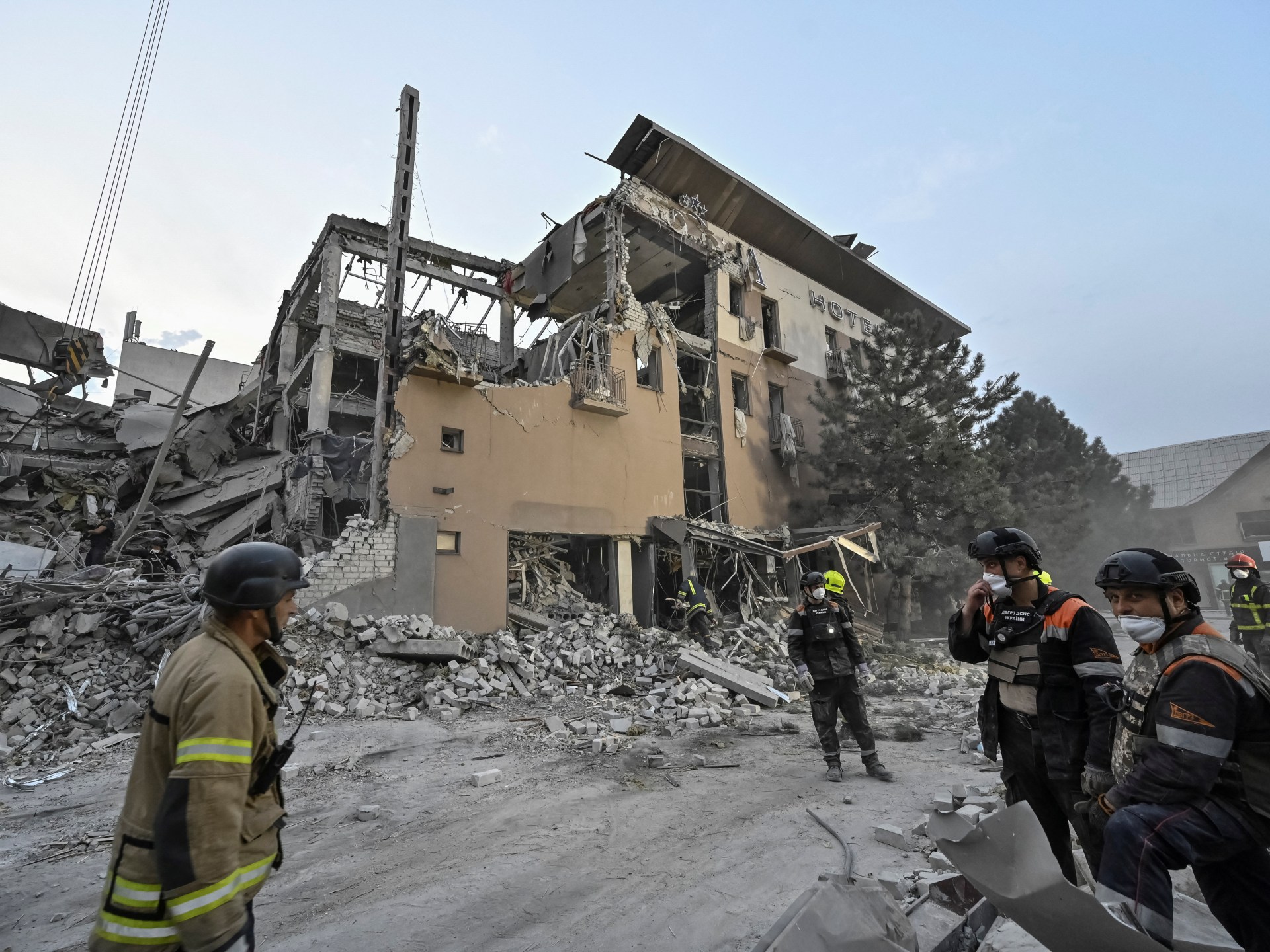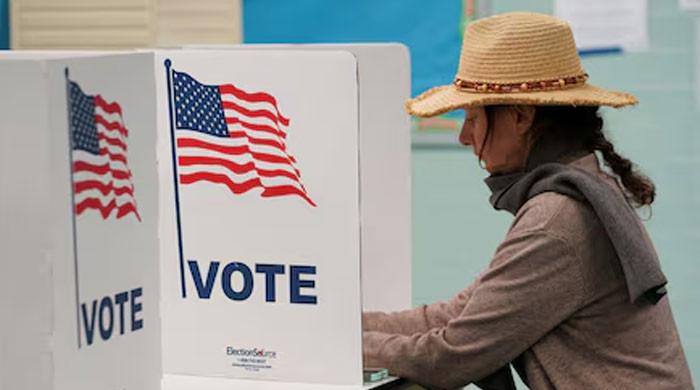Human rights advocates criticize Mohammad Ghobadlou's conviction, saying he did not receive a fair trial.
Iran executed a man who ran over and killed a police officer and injured five other people during the 2022 national protests.
Mohammad Ghobadlou was executed on Tuesday after being found guilty of the murder during mass protests two years ago, according to the judiciary's Mizan news agency. However, human rights advocates criticized his conviction, saying he did not receive a fair trial.
“After being confirmed by the Supreme Court, the death sentence against the accused Mohammad Ghobadlou was carried out early this morning,” Mizan reported.
The police officer was killed amid large protests that followed the death in police custody of Mahsa Amini, a Kurdish-Iranian woman who was arrested for violating Iran's strict dress code for women.
Ghobadlou was initially sentenced to death in November 2022 after being found guilty of “corruption on earth” for attacking police in Tehran with a car.
The Supreme Court granted him a stay of execution in February 2023 and subsequently ordered that his mental health be examined, according to the Mehr news agency.
Mizan reported Tuesday that the Supreme Court had confirmed the death sentence, which was carried out under Iran's Islamic law of retribution.
Hundreds of people died during the 2022 protests, including dozens of security personnel, and thousands were arrested for what officials called “riots” instigated from abroad.
Ghobadlou is the eighth person to be executed after being found guilty of murder or other acts of violence against security forces during protests.
'False and unfair trials'
However, human rights group Amnesty International said the 22-year-old's right to a fair trial was violated and the judicial system failed to take into account his bipolar condition.
“Ghobadlou received two death sentences after grossly unfair sham trials marred by 'confessions' tainted by torture and failure to order rigorous assessments of his mental health despite his mental disability,” Amnesty said.
However, Mizan said claims of mental disability were wrong. Ghobadlou, he noted, had allegedly rejected the suggestion during his trial.
Earlier this month, dozens of people, including Ghobadlou's family, demonstrated outside a prison in the Iranian city of Karaj against his sentence and that of another young man.
“My son is sick, he has a medical record, but they don't want to accept it,” Ghobadlou's mother shouted in a video of the event at the time, which was verified by Al Jazeera.
Iran executes more people a year than any other country except China, according to Amnesty, and usually does so by hanging.












